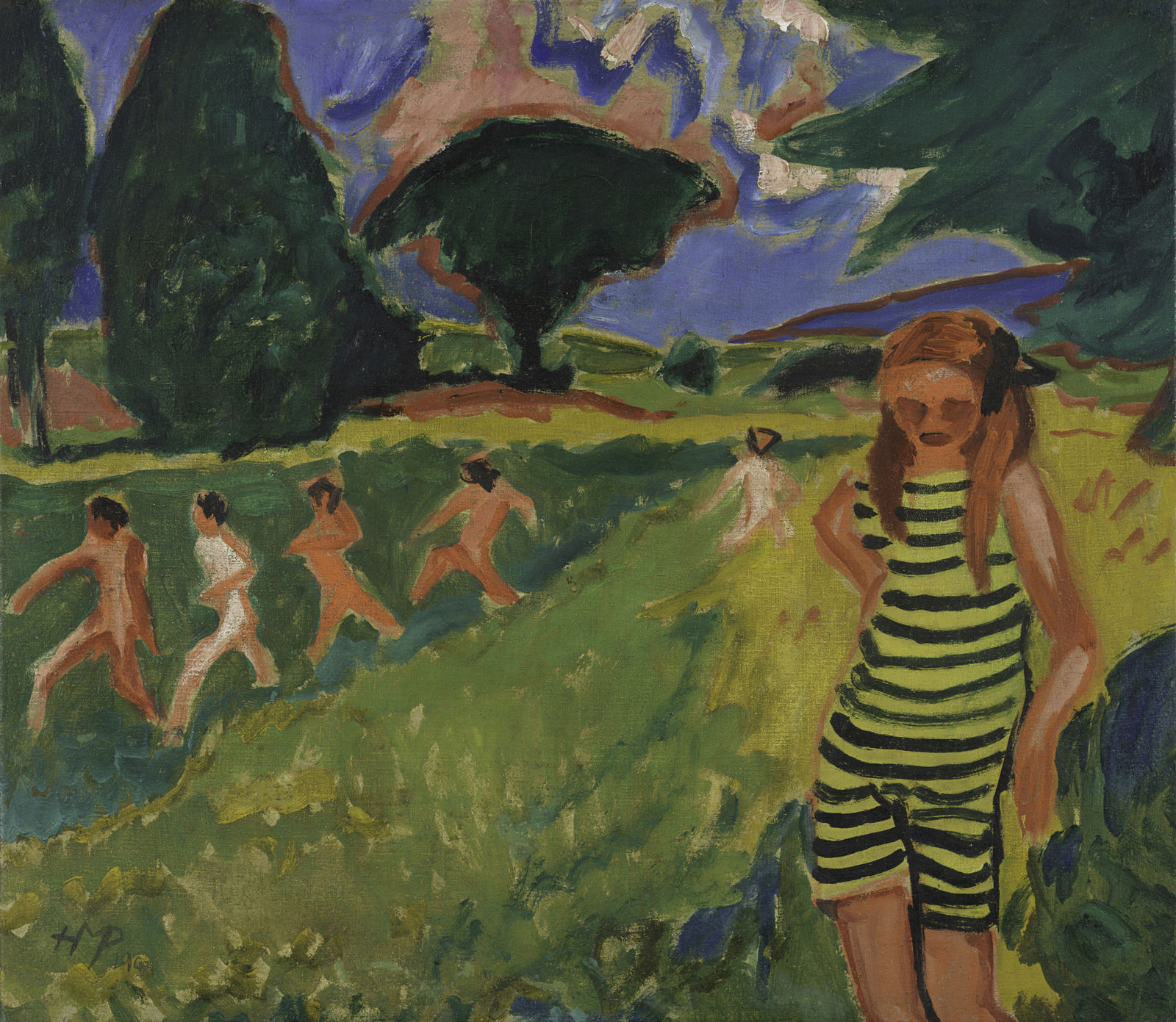Our Glossary Against Word Panic. This Time: Adultism.
When people ask me what I do for a living, I often answer: “I run anti-racism and anti-adultism workshops.” While most people have a more or less clear idea of racism, the term adultism is often followed by question marks. So what is adultism? I would like to dispel these question marks, possibly in your mind too.
The first part of the word originally comes from the Latin adultus, which means “adult.” The “-ism” suffix is often used to designate belief systems. Canadian author Adam Fletcher writes: “When a decision only takes age into account, rather than someone’s ability, it is discrimination. A language that excludes, belittles, or diminishes young people is discrimination. (…) Any behaviour or attitude that is routinely prejudiced against young people simply because they are young is discrimination.”
I first came up with my own definition of the term when I was eleven: “Adultism means that older people deliberately put children down and also tease them about being smaller, say that they are not as good as them.” I developed my second definition four years later: “Adultism is when older people or adults assume the right to rule over younger people and decide on their behalf.”
This right is not only claimed by individual adults, it is also granted to them by politics and the law, which are backed by other adults. So they invent terms to prove that they are always in charge, such as “parental authority” and “duty of care.” They invent terms that determine who is more and who is less important, like “minor” and “of legal age.” These terms can be found in laws that repeatedly make young people dependent on adults. While adults are not forced to go to work, schooling is compulsory for young people. And what is taught there is also determined by adults. Moreover, children are excluded from social decisions, like elections, even though some of these affect them directly. Instead of being involved, they are forced to take a nap at daycare against their will, then later thrown into a completely broken school system.
If you’re wondering how adultism concretely manifests in everyday life, here is an example: As a child, you overhear a word you don’t know, and when you ask your parents about it, they answer: “I’ll explain it when you’re older.” This is how parents fall into the adultism trap. They think that the child doesn’t understand just because they see the child as being too young. But they could try to explain it in a way that children would also understand. Another situation: A mother meets a friend in the supermarket and the two of them talk about the child, although the child is standing right there. The child is treated as if they don’t understand anything or don’t care. It is especially mean when the talk is not very nice. I suggest that adults at least watch what they say when they talk about their children as if they were not there.
This text was originally published in Missy Magazine 04/21 on July 12, 2021 and will be published in Simbi Schwarz and ManuEla Ritz, Adultismus und kritisches Erwachsensein, Unrast, Münster 2022.
Simbi Schwarz is a facilitator working in the anti-adultism field. She started facilitating workshops as a child and still represents a strong young voice in the fight against injustice between the young and old






